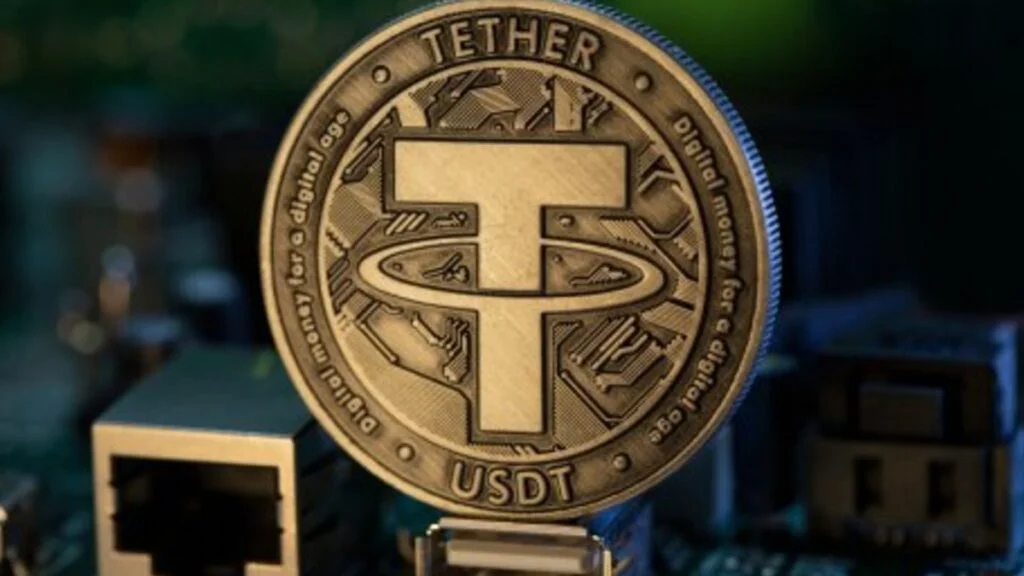Tether, the company that issues USDT, has added more addresses to its blacklist following its declaration to combat the unauthorized usage of stablecoins.

Blockchain forensic company PeckShield disclosed on March 5 in an X post that Tether, the stablecoin issuer, has blocked four more addresses containing $21.2 million in USDT together.
The post claimed that the largest address housed digital assets valued at $20 million, while the rest held assets valued at less than $500,000.
At the time of reporting, Tether had not published the precise grounds for the blacklisting, so it was unclear if the addresses had engaged in fraud or in breach of any penalties.
This most recent action comes after Tether promised to combat the unlawful use of stablecoins. According to statistics from Dune Analytics, Tether has blacklisted more than 1,200 addresses that are currently holding about $1 billion in USDT.
Tether also underlined its emphasis on know-your-customer (KYC) protocols and regulatory compliance in a letter dated December 2023. It sent to members of the U.S. Senate Committee on Banking, Housing, and Urban Affairs and the U.S. House Financial Services Committee.
The USDT issuer said that the IRS examined its KYC program on behalf of FinCEN, a U.S. Department of Treasury division. Tether also revealed that it has worked with the FBI, Secret Service, and U.S. Department of Justice, which led to the freezing of hundreds of wallets.
